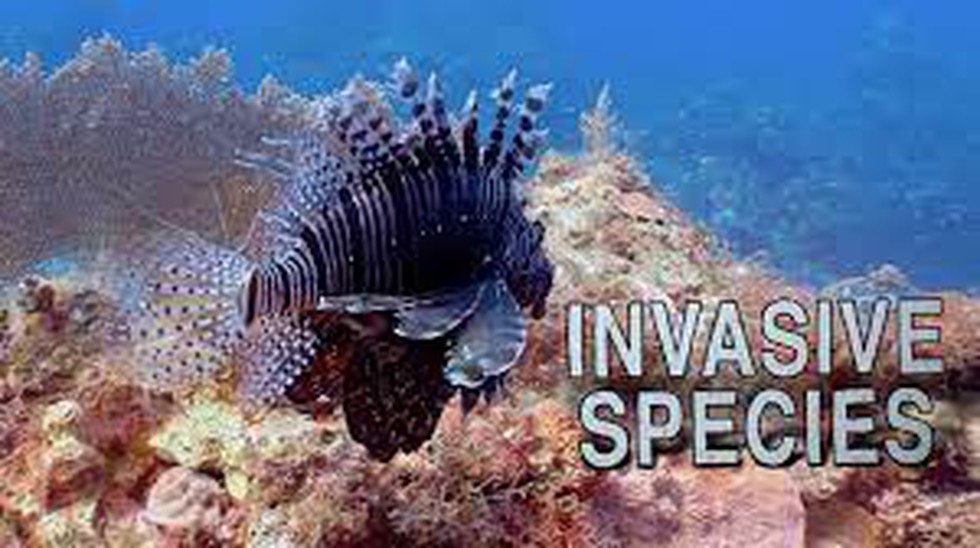
Invasive Alien Species

12.04.2024
Invasive Alien Species
|
For Prelims:About Invasive Alien Species,Areas more susceptible for Invasive Alien species |
Why in the news?
In a bid to manage the teeming population of invasive chital (spotted deer) in Ross Island the Andaman and Nicobar Islands administration recently sought help from the Wildlife Institute of India.
About Invasive Alien Species:
- These are the species whose introduction and/or spread outside their natural past or present distribution threatens biological diversity. These include animals, plants, fungi, and even microorganisms, and can influence all kinds of ecosystems.
- These species need an introduction either through natural or human intervention, survive on native food resources, reproduce at a fast rate and edge out native species in the competition over resources.
- Invasive species act as disruptors in the food chain and disturb the balance of the ecosystem. In habitats where there is no competition, invasive species can dominate the entire ecosystem.
- Characteristics: Common characteristics of IAS include rapid reproduction and growth, high dispersal ability, phenotypic plasticity (ability to adapt physiologically to new conditions), and ability to survive on various food types and in a wide range of environmental conditions.
- The list of invasive wildlife in India is dominated by certain species of fish such as the African catfish, Nile tilapia, red-bellied piranha and alligator gar and turtle species such as the red-eared slider.
Areas more susceptible for Invasive Alien species are;
○Native ecosystems that have undergone human-induced disturbance are often more prone to alien invasions because there is less competition from native species.
○Islands are especially vulnerable to IAS because they are naturally isolated from strong competitors and predators.
○Islands often have ecological niches that have not been filled because of the distance from colonizing populations, increasing the probability of successful invasions.
Source: Indian Express